
Plenary Speakers
We are very pleased to announce that the following Colleagues have accepted our invitation to give a plenary presentation at EAFS 2022.
Professor Didier Meuwly
Netherlands Forensic Institute – NFI and University of Twente, the Netherlands
Professor Christophe Champod
School of Criminal Justice University of Lausanne- UNIL, Switzerland
Title of Presentation: Forensic biometrics: Let’s face it
Date for the Plenary Presentation: Monday 30th May
Abstract
Biometric traits are distinctive characteristics of the human body, such as the fingerprint and iris patterns or the face and voice features. They are personal and sensitive data per nature, and their use is governed by privacy and data protection regulation.
Biometric data are at the core of many forensic applications, originally to infer who is the source of the probes or traces and more and more to reconstruct activities of persons of interest. Biometric probes are used for the identification and the identity verification of persons of interest along the justice identity chain. Biometric traces collected on crime scenes help establish links between cases, allow to generate shortlist of candidates from very large databases of biometric references and to provide evaluative evidence in court.
This plenary session will focus on the case of facial recognition to describe and discuss the challenges (development, validation, implementation and combination with other biometric traits) of the human-based and computer-assisted (or artificial intelligence – AI) methods. Some of the questions that will be debated are: What should be the forensic scope of facial recognition? How to validate these techniques while maintaining accountability and transparency? What are the acceptable error rates associated with the technique? What will be the role of human experts in a field dominated by AI methods? Should the community aim at a specific regulation framework for forensic usage?
Biography Meuwly
He currently shares his time between the Forensic Institute of the Dutch Ministry of Security and Justice (Netherlands Forensic Institute – NFI), where he is a principal scientist, and the University of Twente (UT), where he holds the chair of Forensic Biometrics from 2013 onwards. He specializes in the automation and validation of the probabilistic evaluation of forensic evidence, and more specifically biometric traces. From 2002 to 2004 he worked as a senior forensic scientist at the R & D department of the UK Forensic Science Service (FSS), then an executive agency of the UK Ministry of the Interior.
Didier has served as a criminalist in several international terrorist cases on request of the ICTY, STL, UN and UK, has authored and coauthored more than 60 scientific publications and book chapters in the field of forensic science.
Didier is an associate and guest editor of Forensic Science International (FSI), a member of the R & D standing committee for research and development of the European Network of Forensic Science Institutes (ENFSI) and a member of the ISO Technical Committee 272 editing the first ISO forensic science standard (21043).
Biography Champod
He is in charge of education and research on identification methods (interpretation of DNA, facial images, fingerprints, toolmarks, footwear marks and firearms) and has the privilege to work with a group of 20 PhD students. The research carried out by his group is mainly devoted to the inferential aspects associated with forensic identification techniques. The value to be attached to forensic evidence is at the core of their interests.
He is also operational manager of the ISO/SEC 17025 accredited forensic laboratory of the ESC. He maintains an activity as an expert witness in areas of marks and biological evidence interpretation both at a national and international level.
He is a steering committee member for the International Fingerprint Research Group (IFRG) and an invited member of Friction Ridge subcommittee of the Organization for Scientific Area Committees (OSAC).
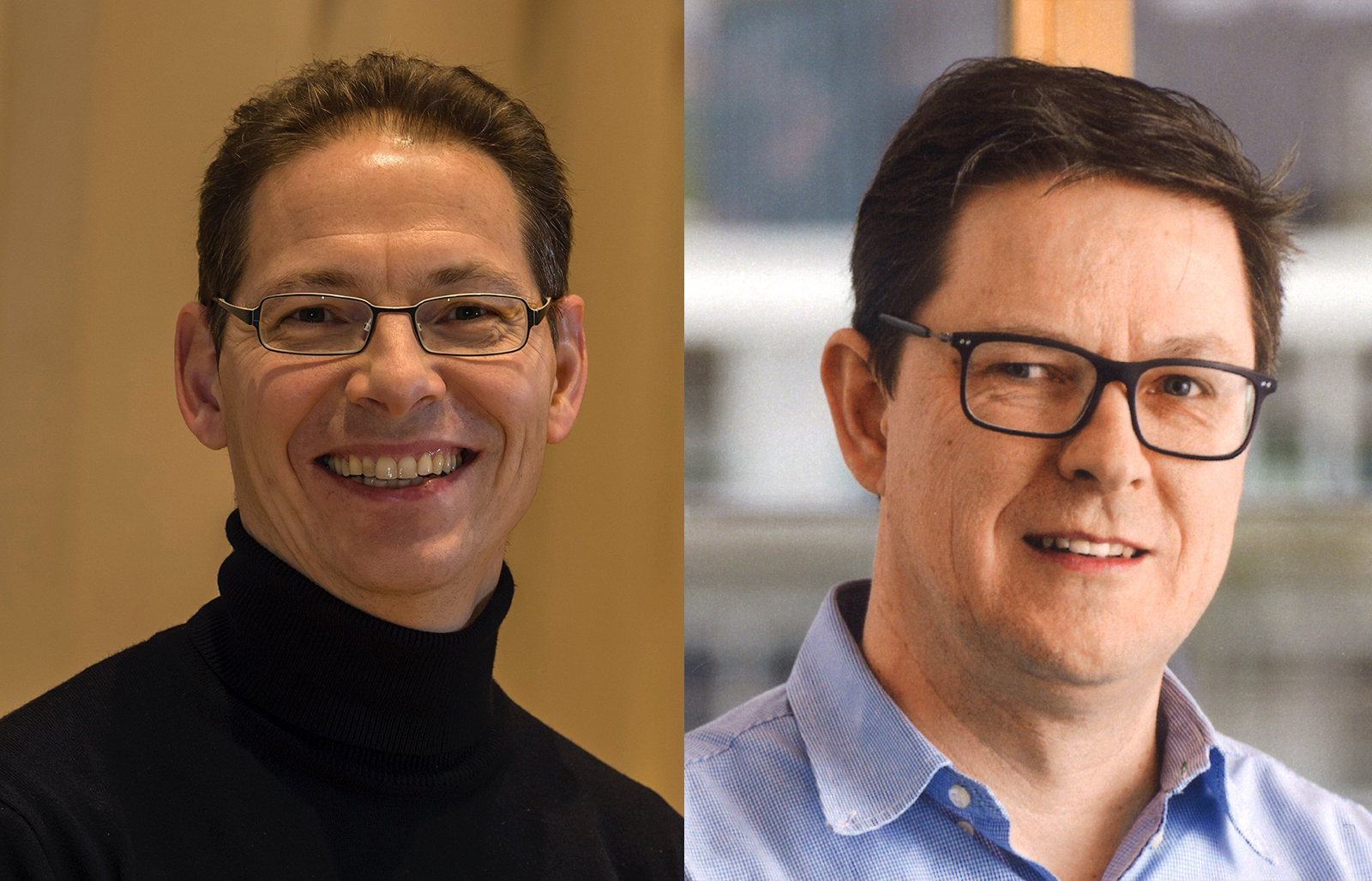
Distinguished Professor Claude Roux
University of Technology Sydney (UTS), Australia and The Centre for Forensic Science, Australia
Title of Presentation: The Role and Value of the Forensic Science Laboratory in an Ever-Changing World
Date for the Plenary Presentation: Tuesday 31st May, 2022
Abstract
We live in a rapidly ever-changing world where technology not only takes an increasingly important part in our lives but also drives societal changes. These changes have an impact on the criminal and security landscape itself. They also provide new ways to abate and even prevent crime. For example, the digital transformation of society facilitates the traceability of people and behaviours. Further, technology, including field-portable instrumentation, enables quicker, remote and more connected exploitation of traces that take more diverse shapes and forms than ever.
This situation offers vast opportunities but also presents significant challenges, including data management and potential ethical issues. Further, today, there is an increased demand for formalised quality assurance and reliability from forensic science services. However, there is also an increased demand for forensic science’s more proactive role in the investigation, intelligence and contribution to non-judicial pathways (e.g. harm minimisation and prevention).
This overall situation is challenging the role of the traditional forensic science laboratory. We ought to ask the questions:
- Is there a risk that the traditional forensic science laboratory may quickly become less relevant or irrelevant?
- Should we grasp this challenge as an opportunity to re-imagine the forensic science laboratory?
- What is the value proposition of the forensic science laboratory, and, more broadly, forensic science, in 2022 and beyond?
Answering these questions forces us to re-think the purpose of forensic science and better develop its fundamental underpinnings. These interrogations and this debate are crucial for forensic science, practitioners, and stakeholders. How can we be effective in our everyday work if we do not have a clear view of the purpose of what we are doing and if we poorly understand where we come from and where we are heading to? This presentation will discuss all these questions, along with some supporting case studies.
Biography
Claude has a long history of establishing strong partnership with a variety of government and industry organisations. He has published more than 190 refereed papers and 26 book chapters.
His research has been funded by the Australian Research Council, the Australian Defence Science and Technology Group, the US Combating Terrorism Technical Support Office and the US National Institute of Justice.
Claude is a member of a number of expert and advisory groups in Australia and overseas. He is the current President of the International Association of Forensic Sciences (IAFS), immediate Past-President of the Australian & NZ Forensic Science Society and a Fellow of the Royal Society of New South Wales. He also serves on the Scientific Advisory Board of the International Criminal Court. He earned his undergraduate and PhD degrees in forensic science and criminology from the University of Lausanne, Switzerland.
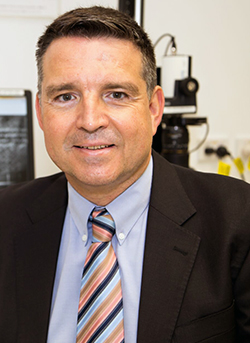
Professor Gillian Tully CBE
Kings College London, UK
Title of Presentation: ‘Customer’ perspectives on forensic science
Date for the Plenary Presentation: Tuesday 31st May
Abstract
Forensic science is above all a scientific endeavour in the service of justice. Is there, then, a role for the concept of the ‘customer’?
A simple definition of a customer is a person who buys goods or services. If we applied this definition directly, it would identify the organisation procuring (or funding) forensic science services as our customer. The funder has a legitimate interest in the service provided, but as forensic scientists, we operate in a wider context.
In the early stages of a case, police investigators may request assistance with understanding whether a crime has been committed and providing investigative leads. If a case proceeds towards prosecution, an investigator will need to assemble a case, part of which may include evaluation of scientific evidence. A prosecutor will need to satisfy themselves that the case is reliable and credible, and then a court will need to understand the evidence and be assured that it is reliable and balanced. A victim/complainant and/or their supporters may want every possible avenue to identifying a suspect and building a case to be explored. A suspect/defendant will want to know that the science has not been applied in a restricted manner that favours the prosecution.
There are consequently widely differing requirements on forensic scientists from participants across the justice system, added to which are systematic requirements for building rigour into our discipline and innovating to meet future requirements.
This presentation will explore the competing demands on forensic science in the context of our over-riding obligation to serve justice and consider whether the concept of a ‘customer’ for forensic science is helpful or should be discarded.
Biography
From November 2014 to February 2021, she was the Forensic Science Regulator for England and Wales, responsible for setting quality standards for forensic science in the Criminal Justice System and for advising and challenging Government. Gill has given evidence to multiple Parliamentary Committees as well as providing expert evidence in courts in this jurisdiction and overseas.
With several granted patents, numerous peer reviewed publications and experience of taking research ideas from inception to court, Gill has a record of effective innovation. She has advised the Government and companies on bringing research to market and has collaborated actively internationally. Her research interests include improving the quality and effectiveness of forensic science and improving the interface between science and the law.
In her consultancy role, Gill works with forensic science leaders and practitioners to assist with improving the quality and effective application of forensic science, from crime scene to court.
In 2020, Gill was awarded a CBE for services to forensic science. She is an Honorary Fellow of the Chartered Society of Forensic Sciences, an Honorary Fellow of the Faculty of Forensic and Legal Medicine, an Honorary Member of the Society of Legal Scholars, and a member of the International Society of Forensic Genetics.
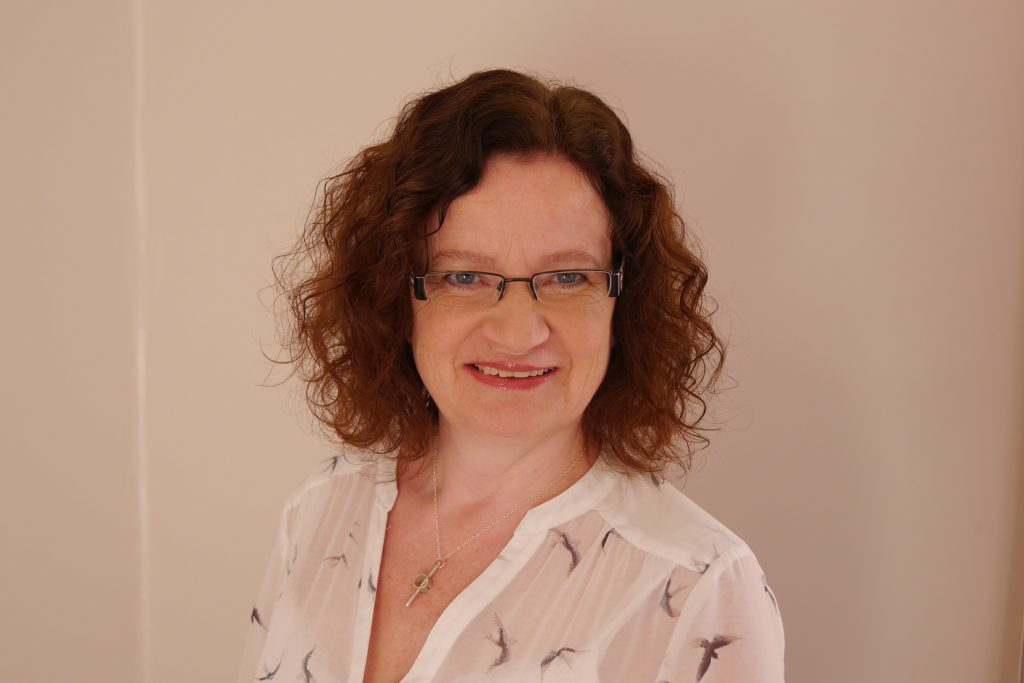
Professor Eoghan Casey
Ecole des Sciences Criminelles (ESC), Université de Lausanne (UNIL)
Title of Presentation: Crowdsourcing Digital Forensic Science
Date for the Plenary Presentation: Wednesday 1st June, 2022
Abstract
Utilization of data for forensic purposes is being undermined by multiple problems of isolation, including conflicting interpretations of digital traces, differing conceptions of domain knowledge, growing disconnects between lab and field, and inconsistent practices across cyber domains. While the global pandemic increased physical isolation, it fueled computer-assisted collaboration and innovation that can strengthen digital forensic science. Crowdsourcing can overcome the problems of isolation in digital forensic science by consolidating diverse community inputs to amplify knowledge sharing, general acceptance, standard data format, and common practices across criminal justice, military, and cybersecurity contexts. Crowdsourcing amplifies human capacities, typically using technology such as: 1) Artifact Catalog for curating knowledge about digital traces and their meaning in a structured form for ease of reference by humans and automation; 2) CASE (Cyber-investigation Analysis Standard Expression) ontology for representing information to enable interoperability; 3) DFaaS (Digital Forensics as a Service) for codifying digital forensic methods and bridging between lab and field; and 4) KIEP (Knowledge & Information Exchange Platform) for exchanging expertise between practitioners and researchers. Technical aspects of these initiatives are in place and just require resources to develop fully. The greater challenge is to engage and educate individuals in order to cultivate a culture of common comprehension and collaborative problem solving. Success of these crowdsourcing solutions depends on a unified understanding of the Trace, digital artifact, virtual identity, and scientific inference.
Biography
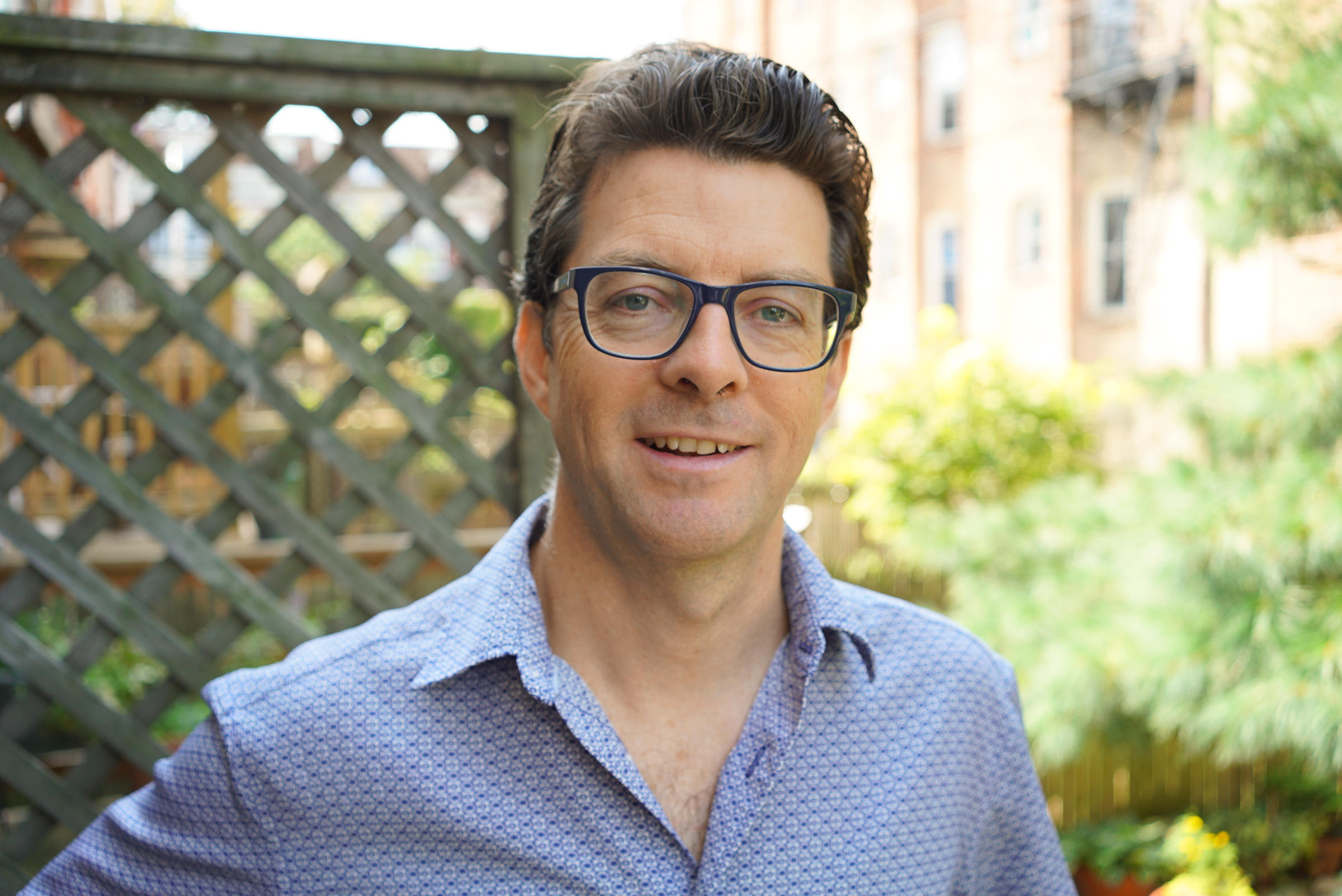
Professor Niamh Nic Daeid
University of Dundee, UK and The Leverhulme Research Centre for Forensic Science (LRCFS)
Title of Presentation: “I’m not sure that you understood what I think it was that I just said” – the critical importance of communication in forensic science.
Date for the Plenary Presentation: Wednesday 1st June, 2022
Abstract
The communication, whether in writing or orally, of the validity, relevance and case contextualised evaluation of scientific evidence is a critical aspect of the work of the forensic scientist. And yet, most forensic scientists are not trained in science communication or public engagement. When we speak with other colleagues, at crime scenes, during an investigation or when we give evidence in court to an audience of legal practitioners or the public, we often do not know how well we are understood. This plenary presentation will explore the importance of science communication, the critical role that communication plays in understanding about data, evidence and science, why it matters to forensic science and and why we should be worried about it.
Biography
She is a Professor of Forensic Science and Director of the Leverhulme Research Centre for Forensic Science at the University of Dundee. She has been involved in forensic science education, research and casework for over 25 years.
She is a Fellow of the Royal Society of Edinburgh and holds fellowships of the Royal Society of Chemistry, the Chartered Society of Forensic Science, the Institute of Chemistry of Ireland, the Royal Statistical Society and the UK Association of Fire Investigators. Niamh has previously chaired the ENFSI working group for fire and explosion investigation and the INTERPOL forensic science managers symposium. She was vice chair of the scientific advisory board of the International Criminal Court for 6 years and acts as an advisor to the United Nations Office of Drugs and Crime (UNODC). She is an appointed Commissioner on the Dundee Drugs Commission investigating drug related deaths in Dundee. Niamh has received a range awards including the ENFSI distinguished scientist award, the Pete Ganci award for services to fire investigation and the Stephen Fry Award for public engagement. Her Centre was awarded a UK National Gold Watermark for public engagement in 2019.
She has published over 200 peer reviewed research papers and book chapters and holds a research grant portfolio in excess of £28 million.
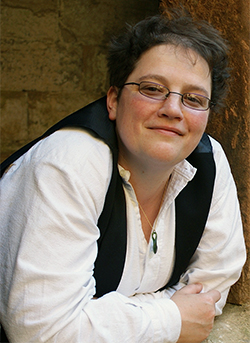
Professor Fredrik Heintz
Linköping University (LiU), Sweden
Title of Presentation: A European Perspective on Artificial Intelligence in Law Enforcement
Date for the Plenary Presentation: Thursday 2nd June.
Abstract
Europe has taken a clear stand that we want AI, but we do not want just any AI. We want AI that we can trust. It is important to keep in mind that AI is not something in a distant future, but something already here and influencing all aspects of our modern society. This talk will give an overview of the European perspective on AI and its relation to law enforcement. The starting point is the Ethical Guidelines on Trustworthy AI published in 2018 which is now being followed up by the AI Act for regulating the use of AI. The regulating in the AI Act will also influence law enforcement, as a ban on remote biometrical identification may be included. Then I will present some of the main European initiatives and what they can provide. A special focus will be placed on the TAILOR network of AI research excellence centers that is developing the scientific foundations for Trustworthy AI through the integration of learning, optimisation and reasoning. I will present some of the major research themes and give some concrete examples related to law enforcement. The talk will conclude with opportunities and challenges related to AI in law enforcement.
Biography
He is the Director of the Graduate School for the Wallenberg AI, Autonomous Systems and Software Program (WASP), coordinator of the TAILOR ICT-48 network developing the scientific foundations of Trustworthy AI, and the President of the Swedish AI Society. He is also very active in education activities both at the university level and in promoting AI, computer science and computational thinking in primary, secondary and professional education. Fellow of the Royal Swedish Academy of Engineering Sciences (IVA).
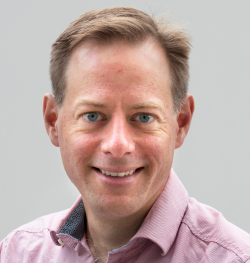
Professor Dr. Peter M. Schneider
Professor Emeritus at the Institute of Legal Medicine, University of Cologne, Germany
Title of Presentation: Recent advances in forensic DNA phenotyping: the VISAGE Enhanced Tool offering new methods and markers for predicting appearance, ancestry and age
Date for the Plenary Presentation: Thursday 2nd June.
Abstract
Peter M. Schneider(1)*,Ingo Bastisch (2),Michael Nothnagel (3),Walther Parson(4),Chris Phillips (5),Barbara Prainsack (6),Manfred Kayser (7)
(1) Institute of Legal Medicine, Faculty of Medicine, University of Cologne, Germany, * presenting author(2) Federal Criminal Office, Wiesbaden, Germany(3) Cologne Centre for Genomics, University of Cologne, Germany(4) Institute of Legal Medicine, Innsbruck Medical University, Austria(5) Institute of Forensic Sciences, University of Santiago de Compostela, Spain(6) Dpt. of Global Health & Social Medicine, King’s College, London, UK(7) Dept. of Genetic Identification, Erasmus MC, University Medical Centre Rotterdam, Netherlands
The VISible Attributes Through GEnomics – VISAGE – Consortium has been funded 2017-2021 by the EU under the Horizon 2020 Security Program. It has aimed to overcome the general limitation of current forensic DNA analysis by broadening forensic DNA evidence towards constructing composite sketches of unknown perpetrators from biological traces, working within current legal frameworks and ethical guidelines.
The VISAGE Project has developed and validated prototype tools for DNA analysis and biostatistical interpretation to predict a person’s appearance, bio-geographic ancestry and age from DNA traces. The data obtained can help to identify unknown perpetrators of crime not recognised from standard DNA profiling via focussed police investigation, as well as contribute to the identification of unknown human remains. The enhanced toolkit consists of two separate library kits for MPS platforms, one for genotyping to analyse SNP markers for appearance and ancestry, and the other for bisulfite sequencing of epigenetic CpG markers suitable for age prediction.
Based on an improved set of SNPs for the currently used markers for eye, hair and skin colour, additional externally visible characteristics that include freckles, eyebrow colour, hair structure, and male pattern baldness. Ancestry prediction covers seven geographic regions for bi-parental ancestry based on autosomal SNPs and in addition, paternal ancestry based on Y-SNPs. Age prediction is designed for analysing blood, saliva, semen and bone samples. The results of the genotyping and bisulfite sequencing analyses are processed using the VISAGE Software Tool that generates probabilities or linear predictions for the targeted traits, respectively, that the software enables based on the legal framework in a given country.
Acknowledgement: The VISAGE Project & Consortium has received funding from the European Union Horizon 2020 Framework Programme for Research and Innovation, Secure Societies Challenge under grant agreement 740580.
Biography
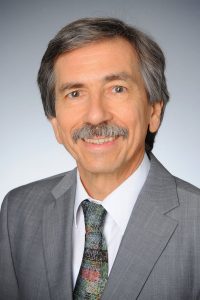
Dr. Justice Tettey
Chief, Laboratory and Scientific Section
United Nations Office on Drugs and Crime (UNODC)
Title of Presentation: ‘Trust me I am a forensic scientist’
Date for the Plenary Presentation: Thursday 2nd June.
Abstract
Forensic science, the interface between science and the law, continues to play a vital role in drug control, crime prevention and criminal justice systems. The quality of forensic science findings may have profound implications on human rights and the development of evidence-based policies, for example in response to emerging drug threats. Like most scientific disciplines, forensic science is not immune to ethical dilemmas associated with issues such as professional competence, objective testimony, independence and resource constraints. The presentation looks at some of the challenges faced by forensic scientists today from a global perspective which affects the basic assumptions of ethics and trust in preserving human rights and administering justice. It concludes with an outlook of how forensic science practice at a global level, can overcome some of its ethical dilemmas.
Biography
Dr. Tettey joined the United Nations Office on Drugs and Crime in 2008 as Chief of the Laboratory and Scientific Section, Division of Policy Analysis. He is responsible for the implementation of the Office’s Global Scientific and Forensic Services Programme, the Global Synthetic Drugs Monitoring Analysis Reporting and Trends (SMART) Programme and the Integrated Strategy on the Global Opioid Crisis.
Dr. Tettey has over 28 years of experience in various aspects of medicines regulation and international drug control and has published extensively on a wide range of topics including, pharmaceutical analysis, drug metabolism and toxicity, illicit synthetic drug markets, international drug policy and forensic science. He was awarded the Fellowship of the Royal Society of Chemistry of the United Kingdom in 2008 and an honorary degree of the Doctor of Laws by the University of Dundee, United Kingdom in 2019.
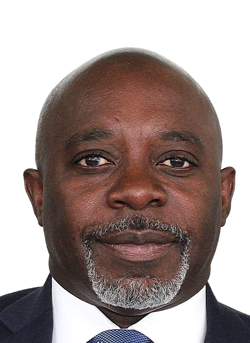
Dr. John M. Butler
NIST Fellow & Special Assistant to the Director for Forensic Science
U.S. Government-Department of Commerce, National Institute of Standards and Technology-NIST, US
Title of Presentation: Are We On the Right Side of the Equation? Becoming Outcome-Focused Versus Process-Driven
Date for the Plenary Presentation: Friday 3rd June
Abstract
Involvement of the U.S. National Institute of Standards and Technology (NIST) in forensic science spans almost a century beginning with Wilmer Souder’s efforts in the 1920s involving handwriting, typewriting, and ballistics analysis. NIST increased its involvement in the field after a 2009 National Academy of Sciences study identified areas for improvement in forensic science. Today, NIST conducts collaborative research, partners with the community to strengthen policies and practices, convenes meetings to examine issues, and explores scientific foundations of forensic methods and practices (see https://www.nist.gov/forensic-science). Perspectives gained in the past few years from conducting scientific foundations of multiple forensic methods and practices will be discussed. For example, do we understand principles behind how things work and why things are done? Do we spend sufficient time to understand important findings published in the scientific literature? Have our approaches in forensic science become too task- or process-driven compared to outcome-focused? As researchers or practitioners, do we regularly step back and critically consider our performance with those activities in which we are involved? What data demonstrate what we think we know about the performance of a particular methodology or interpretation approach? Who should have access to validation data? How might validation studies and data sharing differ if performance criteria were emphasized to understand method limitations versus simply meeting accreditation requirements? Are reports clear enough to end users? Simply put, are we on the right side of the equation?
Biography
Dr. Butler’s research, first conducted at the FBI Laboratory and now at the National Institute of Standards and Technology (NIST), pioneered the methods used today worldwide for DNA testing in criminal casework, paternity investigations, and many DNA ancestry procedures. Dr. Butler is a NIST Fellow (highest scientific rank at NIST) and Special Assistant to the Director for Forensic Science. He served as the Vice-Chair of the National Commission on Forensic Science from 2014 to 2017. In 2019, he was elected the President of the International Society for Forensic Genetics (ISFG).
Dr. Butler and his wife have six children, all of whom have been proven to be theirs through the power of DNA testing.
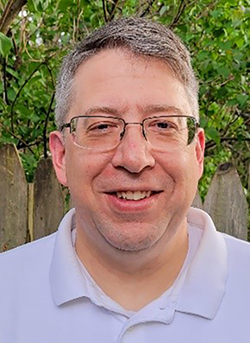
Contact
General questions
Contact the conference bureau, Meetagain eafs2022@meetagain.se | +46 8 664 58 00





